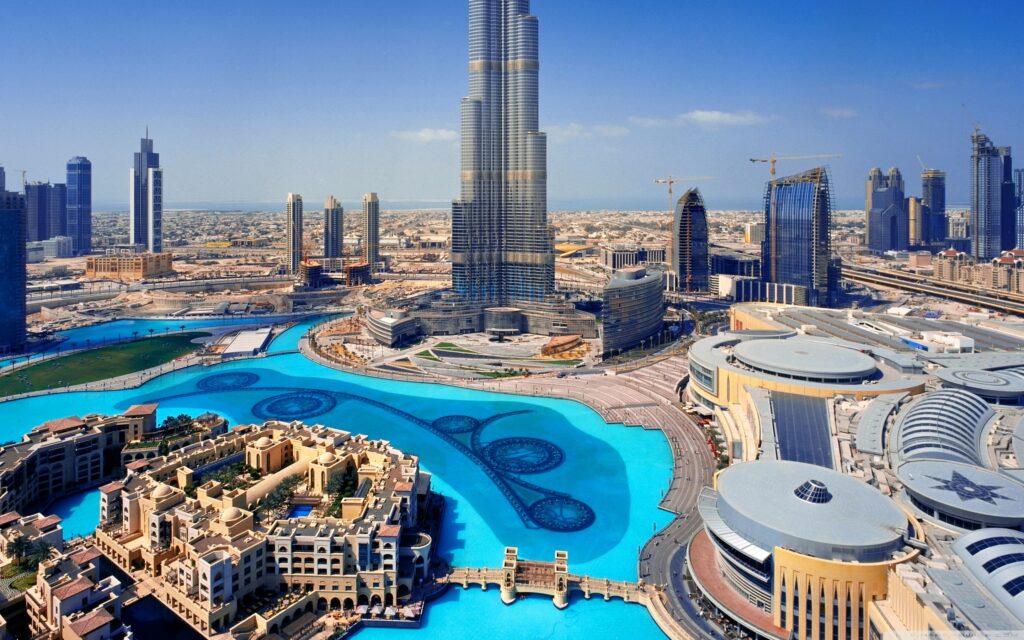Dubai has established itself as one of the world’s most attractive business hubs, offering entrepreneurs and investors a unique blend of innovation, global connectivity, and business-friendly policies. Behind this thriving ecosystem, however, lies a well-structured regulatory framework managed by multiple government authorities. Each authority plays a crucial role in ensuring your company is registered, licensed, and fully compliant.
In this comprehensive guide, we highlight the most important government authorities for company registration in Dubai, their responsibilities, and how MachX simplifies the process for businesses aiming to launch and grow in Dubai.

Department of Economic Development (DED): The Main Authority for Trade Licenses
Role of DED
The Department of Economic Development (DED) is the primary government body responsible for issuing trade licenses for companies operating on the Mainland.
Functions of DED
- Approves trade names and initial approvals.
- Issues commercial, professional, and industrial licenses.
- Manages renewals, amendments, and cancellations.
Benefits of DED Licenses
- Businesses can operate anywhere in Dubai and across the UAE.
- Direct access to the local market.
- Easier expansion opportunities into other Emirates.
Free Zone Authorities: Flexible Options for Business Setup
What Are Free Zones?
Dubai offers more than 30 Free Zones, each governed by its own authority, designed to attract foreign investment with tailored incentives.
Benefits of Free Zone Companies
- 100% foreign ownership.
- Tax exemptions on corporate and personal income in most zones.
- Full repatriation of profits and capital.
- Simplified import/export procedures.
Limitations of Free Zones
- Direct trading in the Dubai Mainland requires a local distributor or branch office.
- Mandatory office space within the Free Zone.
Examples of Free Zones
- DMCC (Dubai Multi Commodities Centre)
- JAFZA (Jebel Ali Free Zone)
- DIFC (Dubai International Financial Centre)
- DAFZA (Dubai Airport Free Zone)
Ministry of Economy: Public Joint-Stock Companies and Trademarks
Responsibilities of the MoE
At the federal level, the Ministry of Economy (MoE) handles:
- Registration of public joint-stock companies.
- Oversight of companies operating across multiple Emirates.
- Supervision of trademark registration and intellectual property rights.
Importance of Trademark Registration
Trademark registration protects your brand identity in the UAE, ensuring your company’s name and logo are safeguarded from counterfeiting or misuse.
Dubai Municipality: Activity-Based Approvals and Compliance
Role of Dubai Municipality
The Dubai Municipality regulates specific business activities that require additional permits beyond a trade license.
Types of Approvals
- Site usage and location permits.
- Health and safety permits for restaurants, clinics, and food companies.
- Environmental permits for industrial activities.
- Advertising and signage approvals.
Without the relevant municipal approvals, businesses may face delays in starting operations, even with a valid license.
Ministry of Human Resources and Emiratisation (MoHRE): Labor and Employment
Role of MoHRE
The Ministry of Human Resources and Emiratisation (MoHRE) ensures compliance with UAE labor laws and protects the rights of employees.
Key Responsibilities
- Registering companies as employers.
- Issuing and approving labor contracts.
- Processing employee visas and work permits.
- Enforcing wage protection and worker rights.
Ignoring MoHRE compliance can result in penalties, labor disputes, or license restrictions.
Securities and Commodities Authority (SCA): Listed Companies and Investments
Functions of SCA
The Securities and Commodities Authority (SCA) regulates the UAE’s capital markets and investment-related companies.
Key Areas of Regulation
- Publicly listed companies.
- Securities, brokerage, and asset management firms.
- Corporate governance and disclosure obligations.
DIFC Exception
Companies operating inside DIFC fall under the jurisdiction of the Dubai Financial Services Authority (DFSA) instead of SCA.
Conclusion
Setting up a company in Dubai involves interacting with several government authorities, each with its own responsibilities. From obtaining a trade license with DED or a Free Zone Authority to labor approvals from MoHRE and trademark protection through the Ministry of Economy, compliance with these entities ensures a secure and sustainable business foundation.
This is where MachX becomes your trusted partner. We provide:
- Mainland and Free Zone company formation.
- PRO and government liaison services.
- Trademark registration and IP protection.
- HR, payroll, and labor compliance solutions.
- Banking assistance and VAT/tax registration.
By working with MachX, you save time, avoid mistakes, and enjoy a hassle-free business setup in Dubai.
Frequently Asked Questions
1. Can I convert my Free Zone company into a Mainland company later?
Yes, but it usually requires setting up a new entity under DED. Some Free Zones allow branch registration, but additional approvals are required.
2. Do I need to register a trademark with the Ministry of Economy if I already have a trade license?
Yes, a trade license allows you to operate, but trademark registration legally protects your brand.
3. Can a Dubai trade license allow me to operate in other Emirates?
DED licenses apply to Dubai, while Free Zone licenses are limited to their zone. For multi-Emirate operations, federal approvals or additional branches are necessary.
4. How long does it take to obtain a business license?
It depends on the authority and activity. Some Free Zones issue licenses within days, while DED or special approvals may take weeks.
5. Can I start operations before receiving my license?
No, operating without a license is illegal and may lead to fines or closure.
6. Why should I choose MachX over handling registration myself?
MachX manages all approvals, documentation, and government processes on your behalf, ensuring a smooth and cost-effective setup.
